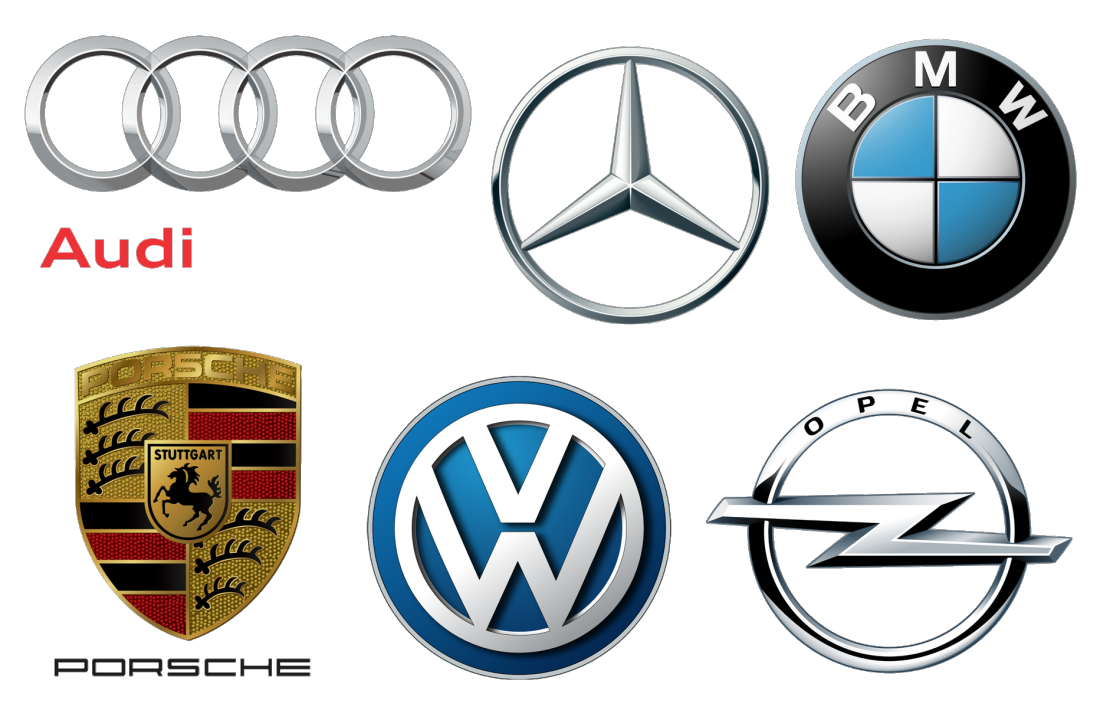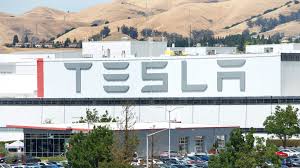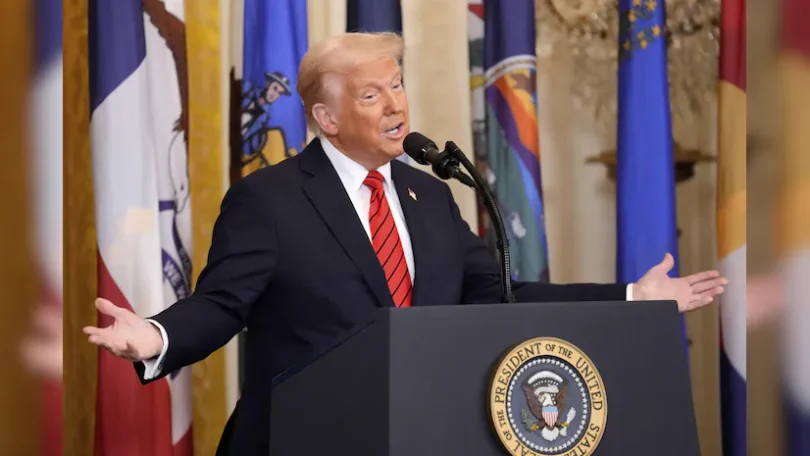Key highlights
- President Donald Trump has announced a 25% tariff on all imported cars and auto parts.
- The tariffs aim to boost domestic manufacturing but could raise car prices for American consumers.
- The policy is set to take effect on April 3, 2025, impacting global supply chains.
President Donald Trump has unveiled a sweeping policy imposing a 25% tariff on all imported cars, trucks, and auto parts. The announcement, made during a press briefing at the White House, is part of Trump’s broader trade agenda aimed at bolstering domestic manufacturing and reducing reliance on foreign imports. The tariffs are set to take effect on April 3, 2025, and will apply to vehicles and components sourced from countries including Mexico, Canada, Japan, and Germany.
Effect on global markets
The new tariffs are expected to disrupt global supply chains and significantly impact the automotive industry. Nearly half of all vehicles sold in the United States are imported, along with 60% of the parts used in cars assembled domestically. This policy could lead to higher car prices for American consumers, especially at a time when inflation has already made vehicles more expensive.

Trump emphasized that the tariffs would encourage automakers and suppliers to relocate their operations to the United States. “Anybody who has plants in the United States, it’s going to be good for,” he stated. However, industry experts warn that the additional costs introduced by the tariffs could backfire, squeezing profits and slowing sales for automakers.
Domestic players will also be affected by new tariff
The tariffs will affect foreign brands as well as American companies like Ford and General Motors, which manufacture some of their vehicles in Canada and Mexico. Analysts estimate that the policy could add up to $6,000 to the price of vehicles made in Mexico or Canada, and up to $12,000 for certain electric vehicles, depending on component sourcing.

Tesla, which assembles its vehicles domestically, is relatively insulated from the tariffs. However, CEO Elon Musk noted that the policy would still impact the cost of parts sourced from abroad, potentially raising production costs and sticker prices.
The announcement has already caused ripples in the stock market, with shares of major automakers like General Motors, Ford, and Stellantis dropping significantly. Foreign governments and carmakers have criticized the policy, warning of potential retaliatory measures that could escalate trade tensions further.
Also read: Skoda Kushaq assembly begins in Vietnam with Indian CKD kits


